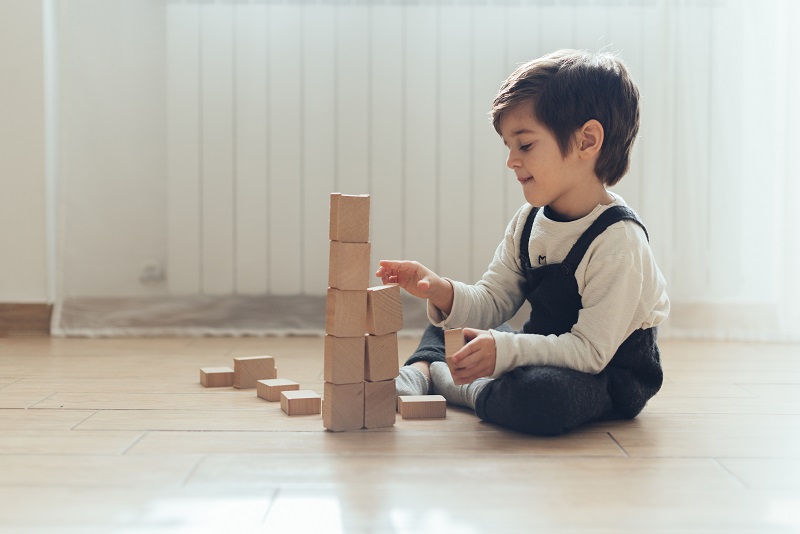The Buyt Desk
Anxiety and anger are connected, but most people take these two reactions separately, and the link between the two is often misunderstood. People associate anxiety with overstimulation and the inability to deal with threats or stress. Anger is associated with frustration. But, the fact is, anxiety and anger have a close connection and most individuals having anxiety disorder are quick to get angry.
It is said that when anxiety goes untreated or unacknowledged, it turns to frustration which further leads to anger. When people are scared of something or worry too much about something, they choose anger to express that feeling, but actually, they are in control of their anxiety
Symptoms Of Anxiety Triggers Anger
People with anxiety disorder often face difficulty in falling asleep. Sleep depression triggers people to be oversensitive to minor problems. Because of this, they quickly get angry. Some of the symptoms are that they lose temper standing at the grocery store, in traffic and in other such activities. Their anger often remains unintentional, and it is the result of underlying anxiety.
What To Do When Encountering This Problem?
Anger with anxiety is a terrible combination. If you are suffering from this, seeking advice from experts proves pertinent. However, you can control anxiety and anger attacks by practising these simple habits.
Take A Deep Breath – Health experts say breathing is the most effective way to control anger and anxiety. When individuals get anxious, they tend to take short breaths. It sends signals to the brain and creates a positive feedback loop activating the fight or flight response. Deep and long breath breaks this loop and calms down the person.
Admit What You Are Feeling – When you accept that you are feeling anxious, the feeling you are expressing will gradually decrease.
Switch To Other Thoughts – In anxiety, individuals often have irrational thoughts that do not have any sense. These thoughts are like, what if something happens, which is not likely to happen. To come out of the ‘what if’ cycle, ask yourself the following questions,
-
Is this really going to happen?
-
Has this happened to me before?
-
Is this an irrational thought?
After going through these questions, try to change your thoughts. Instead of thinking, what if I lose my job? Tell yourself I’m doing good in life, I am qualified and experienced, and I will never lose my job.
Don’t Suppress Anxiety and Anger – Engaging the body in some physical activity helps with anxiety symptoms. During exercise, the body releases the serotonin hormone. It calms down the anxiety and makes one feel better.
Listen To Good Music – Music has a calming effect on the body and mind. Next time you feel anxious, grab your headphones and turn on your favourite music. Go for a walk and change your focus.
Write What You Are You Feeling – Next time you are anxious, take the help of pen and paper to deal with it. Write everything you are feeling. This way, you will get away with all negative feelings. Don’t worry about how you are writing, just write your feelings. And at the end, tell your mind to calm down.
Relax Your Body – During anxiety, body muscles get tense. Try progressive muscle relaxing exercises to calm it down. Lie down on the floor straight, and keep your arms at the sides. Keep your feet uncrossed and your fingers open. Start from the bottom. First, tell your feet to relax and gradually move up to the head.







